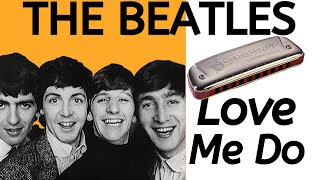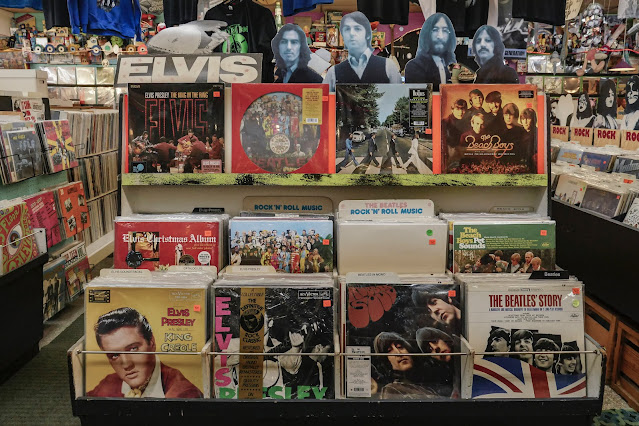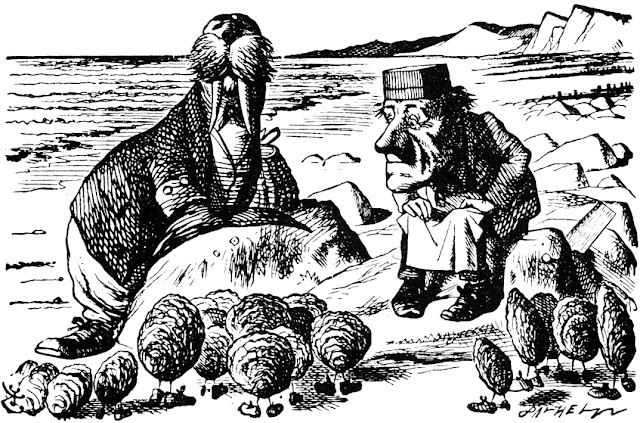Earliest Lennon and McCartney songs?

John Lennon and Paul McCartney wrote a large number of songs in their teens - up to 200 according to some estimates. Many disappeared without trace - a Wimpole Street spring clean by Jane Asher put paid to a pile written on scrap paper. Others, like Lennon's 'Hello Little Girl' f eatured in their live act but were then given to other artists to cover. These were generally off-cuts not deemed quite up to scratch, though arguably some like 'World Without Love ' and ' Love of the Loved' deserved a seat at the top table. Songs revived and recorded By Beatles For Sale Lennon & McCartney were exhausted and running out of new material. At this point Paul revisited 'I'll Follow the Sun' which he had written in the year following his mother's death. “I wrote that in my front parlour in Forthlin Road,” McCartney told Mark Lewishon. “I remember standing in the parlour, with my guitar, looking out through the lace curtains of th...







